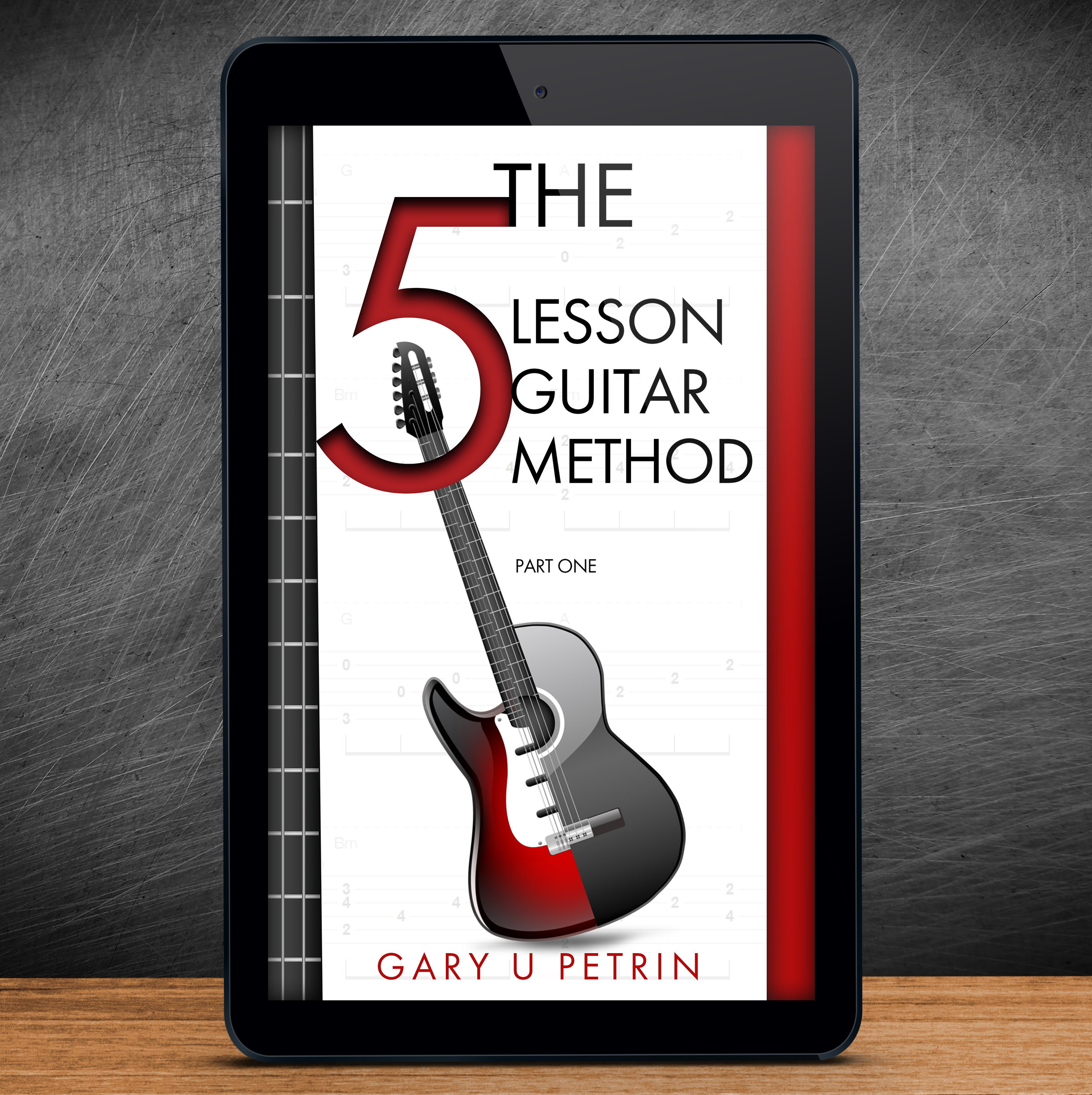Guitar Strings
Choosing guitar strings is a “subjective” process, and for the beginner – it could be a very lengthy process. Just because certain guitar strings feel good and sound good to one guitarist, doesn’t mean they will feel good or sound good to you. To get started, you should talk to other guitarists to see what they are using, but don’t stop there – if you are in the beginning stages of guitar playing you should try different brands, sizes, and types until you find what works best for you.
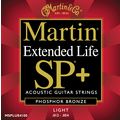 |
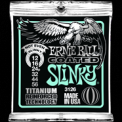 |
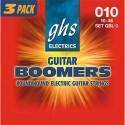 |
Some “realistic” reasons for choosing guitar strings:
a) They “Sound” great to you (you are getting the tone that you are looking for from the strings).
b)They “Feel” great on your fingers (they have a good feel and do not cause any “discomfort” when you are playing).
Note: If the strings “Sound” great and “Feel” great to you, then how much they cost should not be a reason why you don’t use the strings.Once you select a particular type of string there is one other thing that will enter into the selection process (or not?) – All strings are not the same as far as their “Life” (how long they will stay sounding good and feeling good). You may come to find that you are replacing strings too much? So it may be that you have to decide on staying with the strings or finding a string that lasts longer…
Some “Un-realistic” reasons for choosing guitar strings:
a) They only cost $2.00 per set (what a bargain!).
b) Eddie Van Halen uses this brand and size – I want to be like Eddie.
c) All my guitarist friends use this brand of strings, so I should?
d) I can’t tell the difference anyway.
All not so good reasons to choose guitar strings, but all good examples of how not to choose guitar strings (especially if you are serious about playing).
Let’s Talk “Technical” about Choosing Guitar Strings:
String Gauges When we talk about the Gauge of the string we are referring to the “diameter” of the string, and are measured in 1000th’s of an inch. Common sizes are .010 (larger) and .009 (smaller) for the high “E” strings. The smaller gauge string (.009) will feel lighter on the fingers, but will have a different tone (less thickness). The heavier gauge string (.010) will have a “thicker” tone. It would be a very good idea to try both sizes for yourself. Beginners like the .009 set (easier on the fingers), while more advanced players like the .010 set (for the tone) – you need to decide which is better for you.
Lead or Rhythm – Which size string is best?
You can also look at it this way – Lead guitar players usually like the lighter gauge strings because it’s easier to bend the strings, and also easier on the fingers. I remember many years ago I tried a set of GHS Boomers with a size .008 high “E” string – it felt like a piece of thread (I thought the string was going to break every time I bent it). I tried this string size because I read somewhere that Eddie Van Halen was using it. I soon went back to the .009 because I wasn’t comfortable bending the .008 string up (at all). Rhythm guitar players usually like the heavier gauge strings for tone (since they are playing chords, progressions, riffs, etc).
A typical way to ask for a pack of strings at a music store is… “I would like a pack of GHS Boomers, size “ten” (or nine, etc).
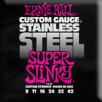
On each package of strings manufacturers will always list the string sizes (for all six strings). So take a moment to review all the string sizes in the set before you purchase the strings. Remember – you not only have to think about the string size on just the 1st string – there are 5 more strings you have to play (see wound, un-wound below).
Guitar String Types:
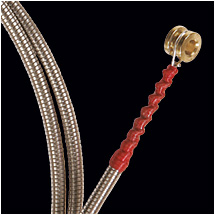
Wound / Un-Wound
Guitar strings are normally a mixture of “Wound” and “Un-Wound” strings. The 1st, 2nd, and 3rd strings (smaller strings) are usually “Un-Wound” and the 4th, 5th, and 6th strings are usually “Wound” – sometimes the 3rd string will be “Wound” in some heavier gauge set of strings. As a lead player, I do not want a “wound” 3rd string, I want an “unwound” 3rd string (mostly because it’s easier to bend an un-wound string).
Coated Strings
Some types of strings come “coated” (the coating creates a smooth surface on the strings). Coated strings allow the fingers to glide a little (unlike the wound strings where fingers can “stick” slightly). Coated strings usually last longer than regular strings. One additional thing about “Coated” strings is that you can actually get them in different colors (could be pretty cool looking, and different).
String Material
Electric guitar strings are usually “Nickel” wound (steel material with a nickel coating). The windings can be made of different materials such as steel or silver, and the cost of the strings are usually determined by the cost of the materials that were used to make them.
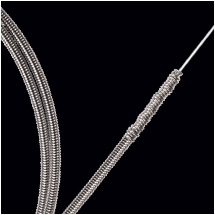
Maintenance / String Cleanliness / Age
Dirt and oil will eventually build up on all your guitar strings, and then the strings will need cleaning (or after several cleanings, need replacement). When strings become dirty, they start to lose their brightness and start to sound dull. The oil mainly comes from your fingers – so it may sound strange to hear that if you wash your hands before you play your guitar, it will reduce the amount of “oil” build up on the strings.
What should you use to clean the strings?
The fastest way to clean your guitar strings is to use denatured alcohol or purchase the cleaning solution sold in music stores by string manufacturers.
Warning – Denatured Alcohol is poisonous and flammable – Use Caution! Also use rubber gloves and wear protective eyewear. Most of all, make sure the area you are using is well ventilated (use your garage, shed, or go outside to perform the cleaning.
Cleaning the strings is easy – simply pour a small amount of denatured alcohol (or manufacturers product) on a t-shirt type material, and run it up and down each string a few times. There will also be some build up where the strings touch the fret board – so take a minute and clean these areas also.
Wiping down your Guitar Strings Example – Click Here!
Caution: Be careful not to allow the denatured alcohol to come into contact with the body of your guitar – it could harm the finish on the guitar (and if that happens, it could get real expensive).Also, this method of cleaning should only be used on metal or steel strings – don’t ever use denatured alcohol on Nylon type strings (used on acoustics or classical guitars).
Important Note: A set of strings will only take so many cleanings before they will need to be replaced. So be aware that there will be a time when cleaning just won’t work anymore, and your only option will be to replace the strings. Do not replace just one string (unless you are in an emergency situation), having one new string mixed in with a bunch of old strings makes for some “odd” tones.
Final Suggestions / Notes
The information covered in Choosing Guitar Strings is intended on to assist you with some basics of selecting guitar strings. You should always make the final decision on the strings that you use – and that decision should be mainly based on the “Feel” and “Sound” of the strings.
Here are a couple suggestions / tips when choosing guitar strings:
a) Try out as many types of strings as you can before making a final decision.
b) Talk to other guitar players to see what they are using.
c) Talk to the guitar salesman at music stores for some additional advice.
It may take a lot of “trial and error” when choosing guitar strings, and for you to find the strings of your dreams. But it will be worth all the time and effort once you find exactly what you have been looking for!
Other Information Regarding Strings
1. Fast Fret – A specially formulated glide-on mineral oil product that you wipe on your strings – helps your fingers glide easier (makes the strings feel faster), cleans the strings at the same time prolongs fingerboard life. Try it, you’ll like it.
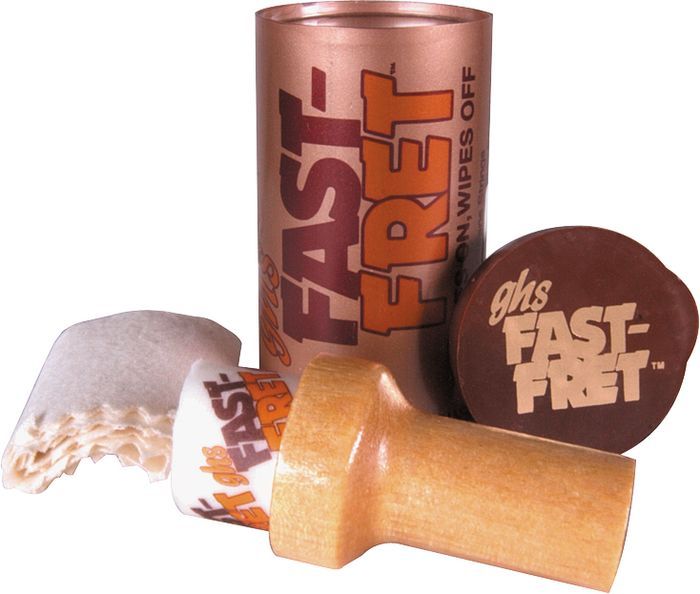
Cost is anywhere from $4 up to $8.
2. String Winders – Replace your strings as often as you need to (could be once every 2 weeks, or once a month) it all depends on how your strings sound and feel. When you replace your strings try this “string winder” device (see picture) to assist you when you replace your strings – it’s faster, helps make a tighter winding on the strings, and is easier on the hands.
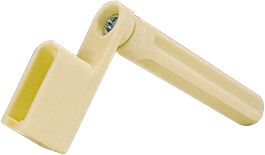
Cost is anywhere from $2 up to $6 (the $2 one works just as well as the $6 one).
String Winder Example – Click Here!

